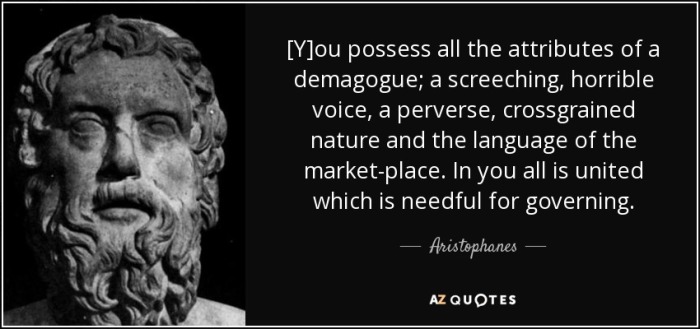
Over the last few months we have been inundated, in the media and in conversation, with the words of a person. The person likes to stand before big crowds and make, frankly, passive-aggressive comments about people in authority. The people who agree with the person wildly cheer and those who disagree bemoan their existence, who spouts opinions as facts, something google could counter in five minutes. It is obvious, from this description, that I am talking about Greta Thunberg. Greta Thunberg is a Swedish teenager who is going around the world raising the issue of climate change. One must applaud the fact that she is working on such an issue, raising awareness to something which is undeniable, although natural, humans (who are also natural) are making it much worse. However, as with most people who rise to such prominence, the message that is being given is so simplistic that it is devoid of all nuance and also, maybe more importantly and ironically, facts.
Miss Thunberg, the other day in the UK, asked if her English was too bad to be understood as a passive aggressive, rather nasty, reference to the UK Government not dropping everything to do as she commands. If the UK Government had spared five minutes for her they could have replied- almost 40% of the energy used in the UK is from renewable sources, it is following the agreements put in place in the Kyoto Protocol (an international treaty which extends the 1992 United Nations Framework Convention on Climate Change (UNFCCC)) to reduce emissions giving aid to climate change, that it is making ‘ultra-low emission zones’ in cities such as London and many, many more things which my Google search and knowledge of the news in the last ten tears, or so, failed to bring to light in the last two minutes.
The definitions of a demagogue are:
Noun-a political leader who seeks support by appealing to the desires and prejudices of ordinary people rather than by using rational argument.
“a gifted demagogue with particular skill in manipulating the press”
synonyms: rabble-rouser, political agitator, agitator, soapbox orator, firebrand;
Verb-rhetorically exploit (an issue) for political purposes in a way calculated to appeal to the desires and prejudices of ordinary people.
“he seems more interested in demagoguing the issue in media interviews than in dialogue”
Or as H.L. Mencken said:
‘The demagogue is one who preaches doctrines he (or she not to be discriminately- women can be demagogues too!) knows to be untrue to men (and women!) he (she) knows to be idiots.’
Or, in other words, someone who presents opinions into the echo-chamber which they know their audience wants to hear, not hindered by facts, and people, free from the burden of factual proof, hear their opinions echoed back at them and then, for some inexplicable reason agree with themselves.
History has shown the danger of demagogues and the lack of a nuanced argument and there are people in the unravelling, continent drifting (both literally and figuratively) world of today, be they Miss Thunberg, Mr Trump or whoever else this piece made you think of who are exploiting this fact as Hitler or Caesar or any other despot who you care to mention has. But then again, if someone stood in front of a big crowd and said, ‘ok, this is the problem, these are steps which have been taken, maybe if they added this initiative, as laid out in this 15 slide PowerPoint presentation then the problem will be potentially made better, building upon the work already being done’ then the old joke from the TV show The West Wing:
‘You know what they call a leader with no followers? Just a guy taking a walk.’
would come true and we all know that there is nothing a demagogue likes more than an adoring crowd. By all means listen to Miss Thunberg, Mr Trump et al but whilst doing so, ask yourself, are these the facts and why are they telling me this? What is it that they wish to gain? And how would they react if someone questions their version of events/comments?
‘till next time



